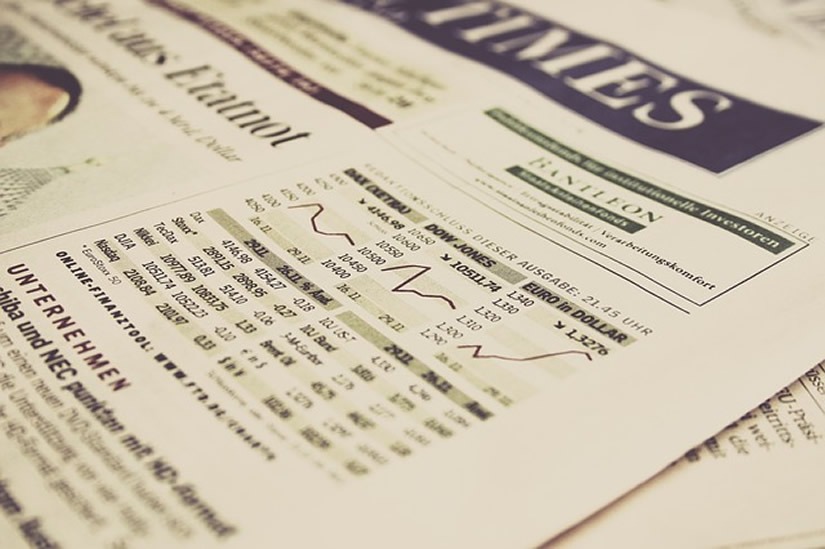Many people new to the securities markets prefer to trade indices. What is an index? It’s a collection of stocks within a given exchange that trade as a group based on each stock’s price. If you’ve ever heard the Dow Jones Industrials or S&P indices mentioned in the news, you are already familiar with two of the largest indices.
The good news is that there are dozens of ways to trade indices. The DJI, for instance, is composed of the 30 largest industrial corporations listed on the New York Exchange. You can trade the DJI, the S&P, the Nikkei, or dozens of others. There are many advantages to buying and selling an entire index rather than individual shares. If you are ready to get started with this kind of securities action, here’s a brief listing of the benefits.
Less Volatility
By far, the major advantage of trading an index is the ability to avoid price volatility. While one company’s shares might rise and fall by a lot within a single day’s session, the entire index rarely displays as great of a range. Typically, these indexed groups of stocks move up and down rather slowly, unlike individual company stock prices.
Lots of Choices
The beauty of this kind of trading is that you can choose from dozens of different markets. For example on easyMarkets, one of the leading indices trading platforms, you can choose from indices around the world including the U.K, Australia, Hong Kong, and more. Plus, it’s possible to take part in the action from anywhere, as long as you have an internet-connected device like a phone, laptop, tablet, or anything else. New and experienced trading enthusiasts often prefer index trading because it can eliminate much of the volatility that comes with single-stock buying and selling. And, with all the available choices, you can literally take your pick of the markets that interest you the most, or the ones you already know well.
Specialize in Your Favorite Market
Those who like to specialize in one niche of the market or the global securities markets can do so when they take part in index trading. That’s because every major financial center in the world has its own branded group of stocks. For instance, there’s the German DAX, the U.S. DJI and S&P, Japan’s Nikkei, the UK’s FTSE, and Australia’s ASX, just to name a few. Of course, there’s no need to pick just one. Many people experiment with groups of indices, trade them all, or end up choosing just one or two to focus on.
Use CFDs for Ultra Convenience
Using contracts for difference is an ideal way to take part in this fast-moving, interesting kind of activity. The key advantage of CFDs is that you can invest as little or as much as you want and need not own the underlying security. Plus, it’s possible to go long or short, thus giving you the chance to earn a profit in rising or falling markets.
By Taylor Wilman
